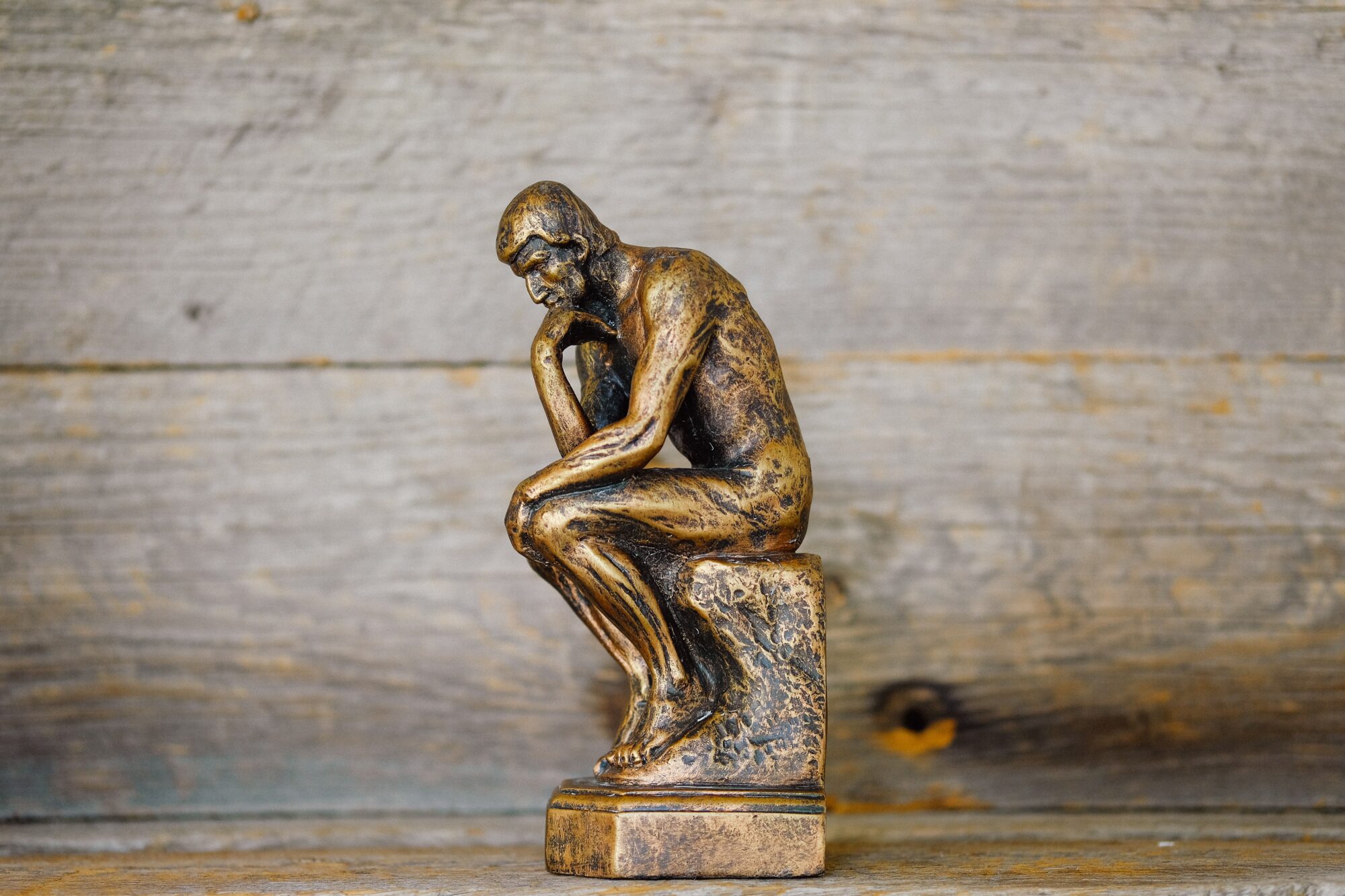Can the thinkers of the past teach us anything about 21st century existential threat.
As the means to significantly degrade our existence has only been in our hands for a relatively short-time, and the problems springing from our genetic programming to consume and innovate are only being discovered incrementally, the great thinkers of the past did not have a chance to speak on, or possibly even consider, their philosophy of sustainability.
It might be useful if we could now read Plato’s Dialogues on Recycling, or Adam Smith’s Treatise of Carbon Reduction, Kant’s Critique of Pure Waste, or Nietzche’s The Anti-Consumer. But as it is, the old philosophers cannot have their say, and we must use their work as a foundation to build a new ethic in their tradition of sound reasoning built up from fundamental principles to answer the difficult questions we face today.
David Hume in An Enquiry Concerning the Principles of Morals (1751) explains how justice and morality only emerge as a result of scarcity. Hence, sustainability is a new concern and requires a new morality previously unconsidered in times before our environment or a habitable planet could even be conceived as a valuable and finite resource. It is still worth exploring the works of great philosophers of the past to inform this new global ethic.
It might be worth naming the questions before seeking answers in the great Treatises of history.
“Does the planet have rights?”
“Does humanity of the present owe anything to humanity of the future?”
Does the planet have rights?
Leopold (1947) discussed how anthropological changes to the environment have already had significant impacts on humans themselves, and contemplated a socially evolved “land ethic” as a potential means of governing mankind’s relationship with the environment. Seventy years of population growth, industrialisation, globalisation and subsequent discoveries about carbon-driven climate change appear to have brought us no closer to a widely held ethic concerning the environment. Callicot (1989) supposed that such an ethic could only be achieved through “universal ecological literacy”.
In the absence of an ethical consideration for the environment itself, it has been suggested that an ethical obligation to the human race could be extended to future generations, which would necessitate the continuation of an inhabitable earth.
Does humanity of the present owe anything to humanity of the future?
So many of the great thinkers of the past have gone as far as promoting the interest of the many over those of the self or the few, that it could be considered settled, allowing us to only consider if future generations are included in this ethic.
“When the happiness or misery of others depends in any respect upon our conduct, we dare not, as self-love might suggest to us, prefer the interest of one to that of many. The man within immediately calls to us, that we value ourselves too much and other people too little, and that, by doing so, we render ourselves the proper object of the contempt and indignation of our brethren […] Man, according to the ancient Stoics, ought to regard himself, not as something separated and detached, but as a citizen of the world, a member of the vast commonwealth of nature. To the interest of this great community, he ought at all times to be willing that his own little interest should be sacrificed.” – Adam Smith, The Theory of Moral Sentiments, 1759
Although individual sustainable consumption is a concern that has only grown in significance in recent times, a more general notion of moral obligation to future generations (of out families at least) is a concept of which there is evidence throughout history.
“A generous parent would have said ‘if there must be trouble, let it be in my days that my child may have peace’; and this single reflection, well applied, is sufficient to awaken every man to duty” – Thomas Paine, American Crisis I, 1776
Paine’s reflection on the inevitable necessity for action is as applicable to the development of a sustainable society as it was to the struggle for American independence to which he was referring. In practice, however, distance, time and unfamiliarity of the many, mean that we discount their value against the ones closer to us.
Given that “rights” have only, in the last 100 years or so, been extended to women, lower classes, people of certain ethnicities or sexualities who already live in our society, it might be some time before future generations are given legal protection against the transgressions of present-folk.
Even if we grant that we have a moral responsibility to be sustainable, without asserting that unborn individuals have the same rights as living individuals, there must still be great uncertainty as to the mechanism of manifesting such an ethic which balances the rights of individuals with the benefit of society, social norms and taboos, social justice, free market capitalism and centrally controlled instruments. On one side of the scale is environmental destruction and societal collapse, on the other tyranny and oppression. This must be considered carefully by stakeholders at all levels to protect the utilitarian good proposed by John Stuart Mill (1863).
